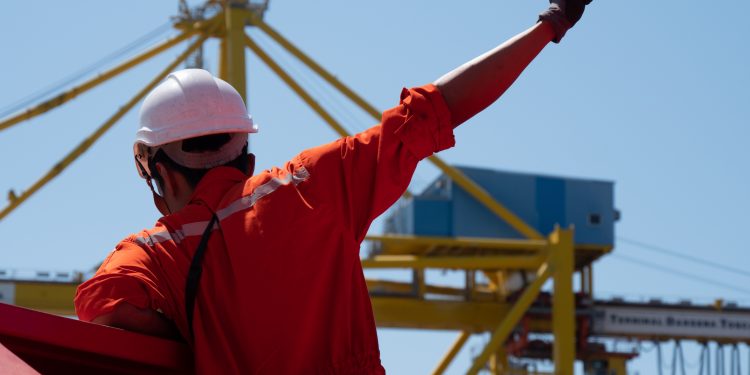Mental Health Support Solutions CEO and founder Charles Watkins welcomes the recently published report by the Department for Transport which aims to bring greater understanding of the mental health challenges of seafarers and the impacts of suicide on crew.
As Mr. Watking stated, “mental health and wellbeing have historically been neglected by the maritime sector, so it is gratifying that employers and governments around the world are starting to take them seriously.”
I’m not at all sure that a seafarer struggling with mental health issues would be able to find the nuanced advice that is applicable for their own, specific circumstance in a pocket guide which has been designed to provide answers to general problems
As he explained, his fear is that “seafarers won’t find the answers they need from this tool and won’t feel able to look further for help, while their employer may feel that they have taken the required steps to look after their team’s mental health and wellbeing so nothing more is needed.”
Ipsos was commissioned by the Department for Transport (DfT) and the Maritime and Coastguard Agency (MCA) to conduct research into the mental health of seafarers and, specifically, suicide among seafarers.
Key research findings
#1 Mental health of seafarers
The occupation was portrayed as extremely challenging, being based in a unique social environment. In fact, a range of structural issues were seen to impose strain on seafarer’s mental wellbeing, including long working hours, isolation, fatigue, and financial instability.
Furthermore, it was widely felt that COVID-19 has contributed to further strain among seafarers. More specifically, mental health issues were described as poorly understood, both among seafarers and across the industry more widely.
#2 Mental health support for seafarers
- Larger shipping companies were believed to offer more comprehensive internal mental health support services than smaller companies – services included employee assistance programmes, telephone helplines, and wellbeing days/weeks.
- Participants described chaplains providing mental health support by either making themselves available to talk to seafarers while the seafarer was at sea, or when they arrived at port.
- Unions were described as providing education programmes on seafarers’ mental wellbeing and often publicise mental health support services to raise awareness.
- Participants described how charities provide online, telephone, and face-to-face support for seafarers.
- Not all seafarers feel comfortable about accessing mental health support services, in part due to cultural stigmas around mental health and concerns over confidentiality.
- Mental health support is not consistent throughout the seafaring industry.
#3 Suicide among seafarers
Participants widely acknowledged that this is a self-evidently serious issue, about which the industry can and should do more. It was believed to be inherently rooted in the mental health challenges faced by seafarers, and not an isolated phenomenon.
Specifically, suicide occurring on ships was described as a traumatic experience for crew, who often blamed themselves, further contributing to worse mental health. However, the report notes that it is a poorly understood issue, with seafarers reticent to discuss it, mostly for cultural and religious reasons.
As for organisations and employers, a death on board is costly, both financially (due to changes in schedules and having to replace crew) and reputationally (as it could make seafarers less likely to work for that organisation).
Nevertheless, participants raised a significant “uncertainty problem”, as they questioned the viability of ever being sure a particular case is definitively suicide.
#4 Recording suicide
- Participants described how there are a variety of non-standardised ways of recording incidences of suicide, which are rarely shared across the sector.
- They identified several key challenges beyond the “uncertainty problem” – especially raising questions about how best to define the population of seafarers (i.e. just those onboard a ship, to include retired seafarers, etc).
- There was a sense that suicide is probably under-reported for several reasons. Primarily, this is driven by the difficulty in knowing for certain if a death is suicide and, on a related note, a desire to protect surviving family, both emotionally and financially.
- Perceptions of how insurance does – or doesn’t – work around suicide leads seafarers to do what they can to ensure families receive pay-outs.

































































